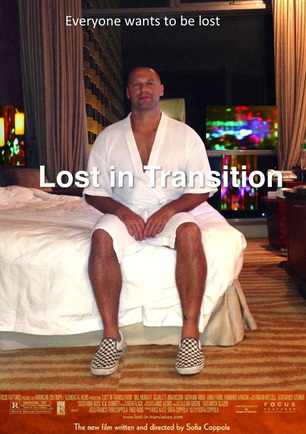
Still, I felt bad I couldn’t deliver, and was puzzled why. I never suffer from writer’s block (I just get my ass to work,) but something about this topic eluded me, month after month. From Vietnam I traveled to the Philippines and then Thailand, Laos, and Cambodia, where I settled into life on tropical islands, abandoning my blog about living consciously for the playthings of sun and sea. Left with a title and a blank page, it stayed on my To Do list – and my mind.
A year later, these are my last few hours in Asia. In fact, I’m writing this as I sit in the airport about to grab a flight to Japan and then Hawaii and eventually on to New York City. So after visiting 7 countries, 20,000 miles, taking 2,562 photos, writing 51 blogs about life, crafting 2 more books, and surviving 1 super typhoon, am I any closer to writing a credible blog about living consciously?
Not really. And I never will be. It took me almost the whole year to realize this, but it finally hit me:
If you think you’re conscious, then you are not.
That epiphany was both comforting and puzzling. How can I possibly qualify to write about consciousness when I was just one infinitesimal, comically insignificant life form on a planet with 7 billion others? What makes me so special that I could call myself, “conscious?” Nothing at all. So I’ve set foot on a little more of this globe than the average person (though less than others,) and seen and pondered a few more things than the average person, (though far less than others,) but by no means do I think that’s elevated me to any spiritual authority. I will never be conscious because the more I see, the less I know. Therefore I will never be qualified to answer Carol’s calling.
However, this year hasn’t been without lessons – many of them disconcerting and painful but illuminating beyond belief. First, I had to unlearn everything I’d worshipped as truth because in Asia, almost no Western paradigm has any context. My cultural debriefing was embarrassing and ego shattering, but always entertaining. But somehow I survived, and as I board this plane for that gazillion hour flight back I feel much lighter, like I'm carrying less of a burden than I came with. I hate to disappoint but I have no strong opinions to impress upon you, no grand philosophies to share, nor any secret answers to life’s questions. I've seen my mortality and understand I.m but one temporary heartbeat, a bundle of sparking neurons like a beacon in the middle of a vast ocean, so deep and distant it’s impossible I’ll ever see the shores.
All of our destinies end the same, so take solace that we’re all in that ocean together. In the meantimes, there’s no such thing as a lifetime, only moments. And those moments count – every single one of them. After this epic year exploring exotic cultures and seeing wonders of the world, do you know what I remember the most? The small things. A boy opening his umbrella for an old lady during a rainsquall. A photo of a birthday cake with my name on it. A hug from orphans who new I wasn’t lying when I promised to keep them safe. Sleeping on the roof one hot jungle night under a full moon, holding someone I knew I should never love but did anyway.
So don’t worry your thoughts nor waste your days on the big things. They're either part of our destiny or only made of small things. Instead, collect those. Admire their colors in sunlight. Celebrate them with vigor and give them away with laughter. That's what you will remember. I promise.
Well, I could go on and on and bore you with all of the life lessons I learned this year but a lady is squawking over the airport’s intercom in some unknown language, which I think means it’s time to board.
So I’ll leave you with this; I depart this strange and magical place filled with more wonder than I found it. With more compassion for those humble souls suffering for no fault of their own. And with more love for all of you, who were with me every step of this journey whether you knew it or not. I don’t want to rush through these moments anymore and never again will I measure these things as small. I want this plane to take off but never to land. I may not become conscious but I’ve happily surrendered to that notion, I’m starting to believe that’s how it’s supposed to be.
-Norm :-)
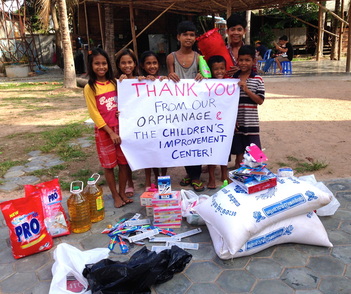

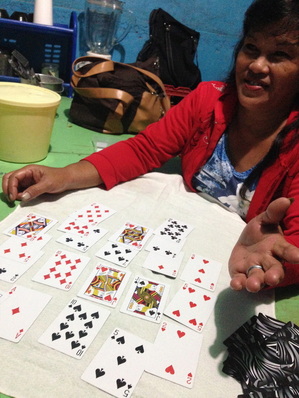
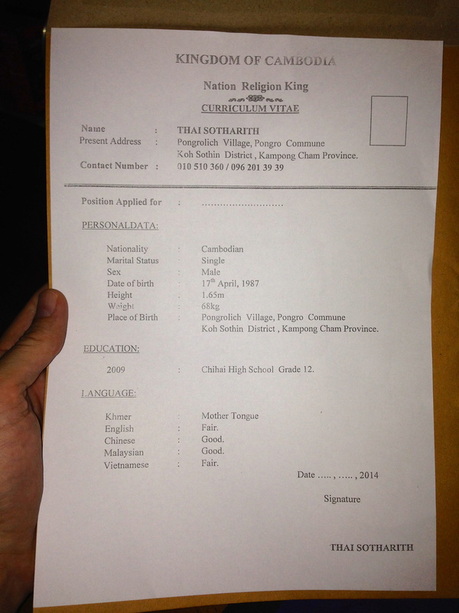

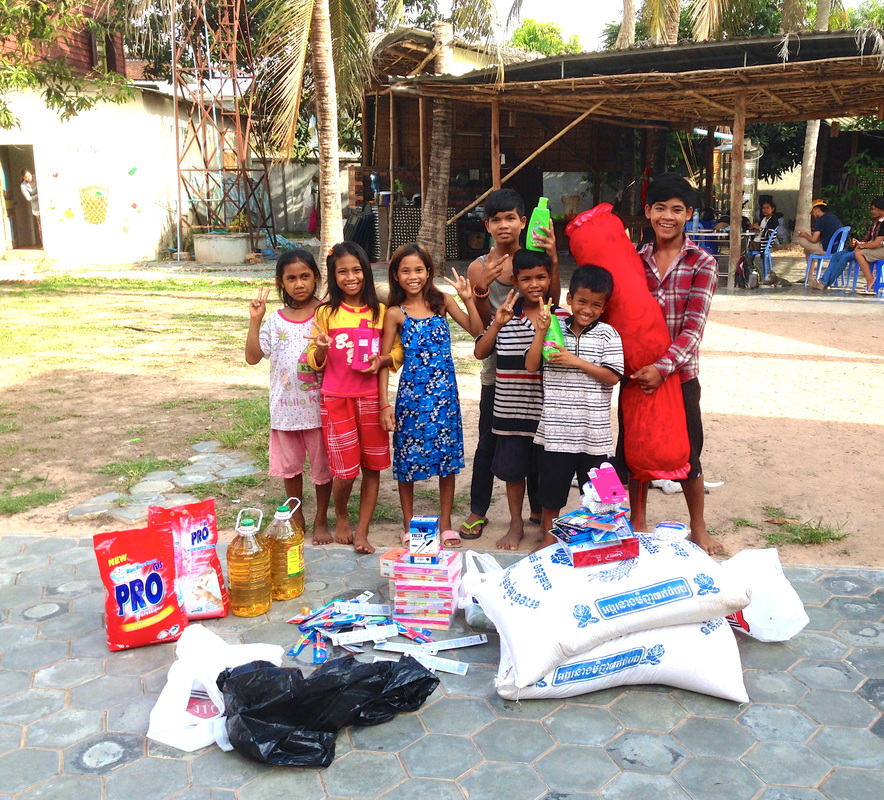
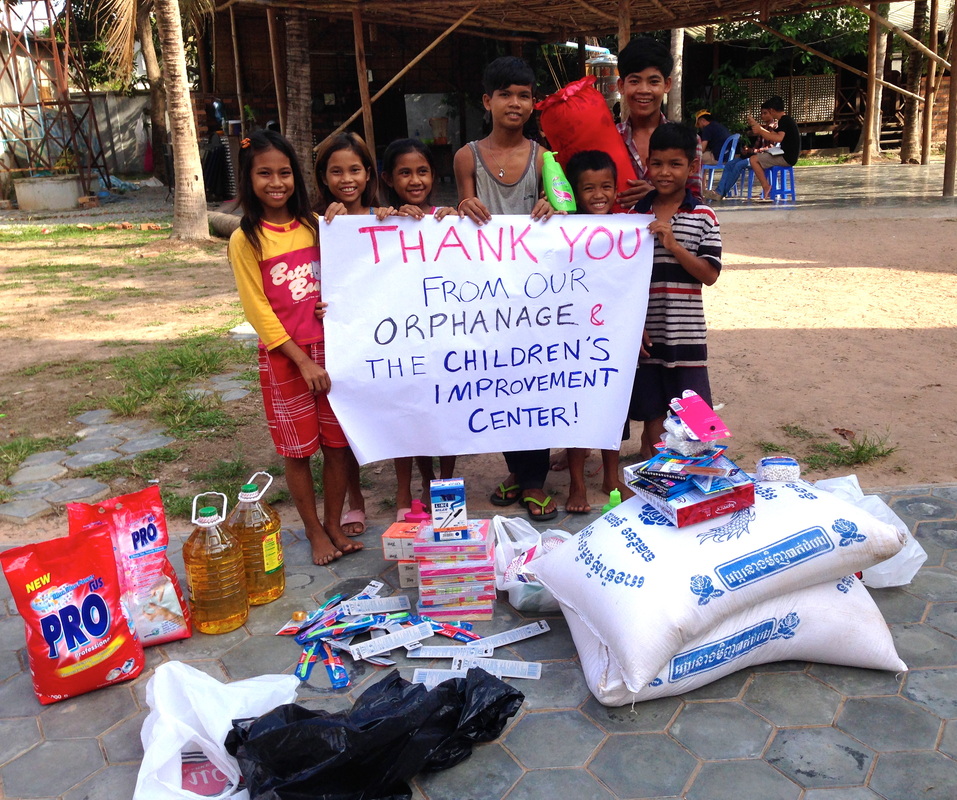

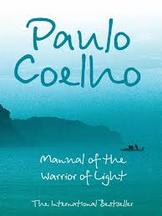
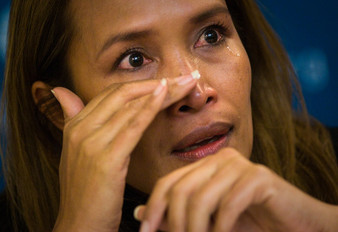
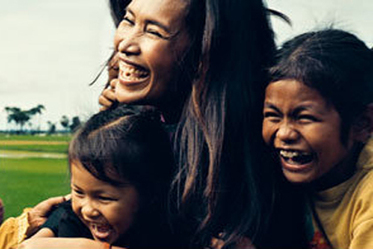
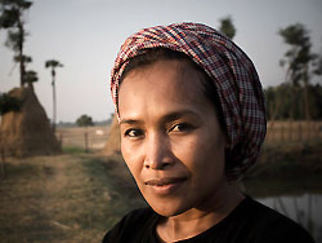
 RSS Feed
RSS Feed